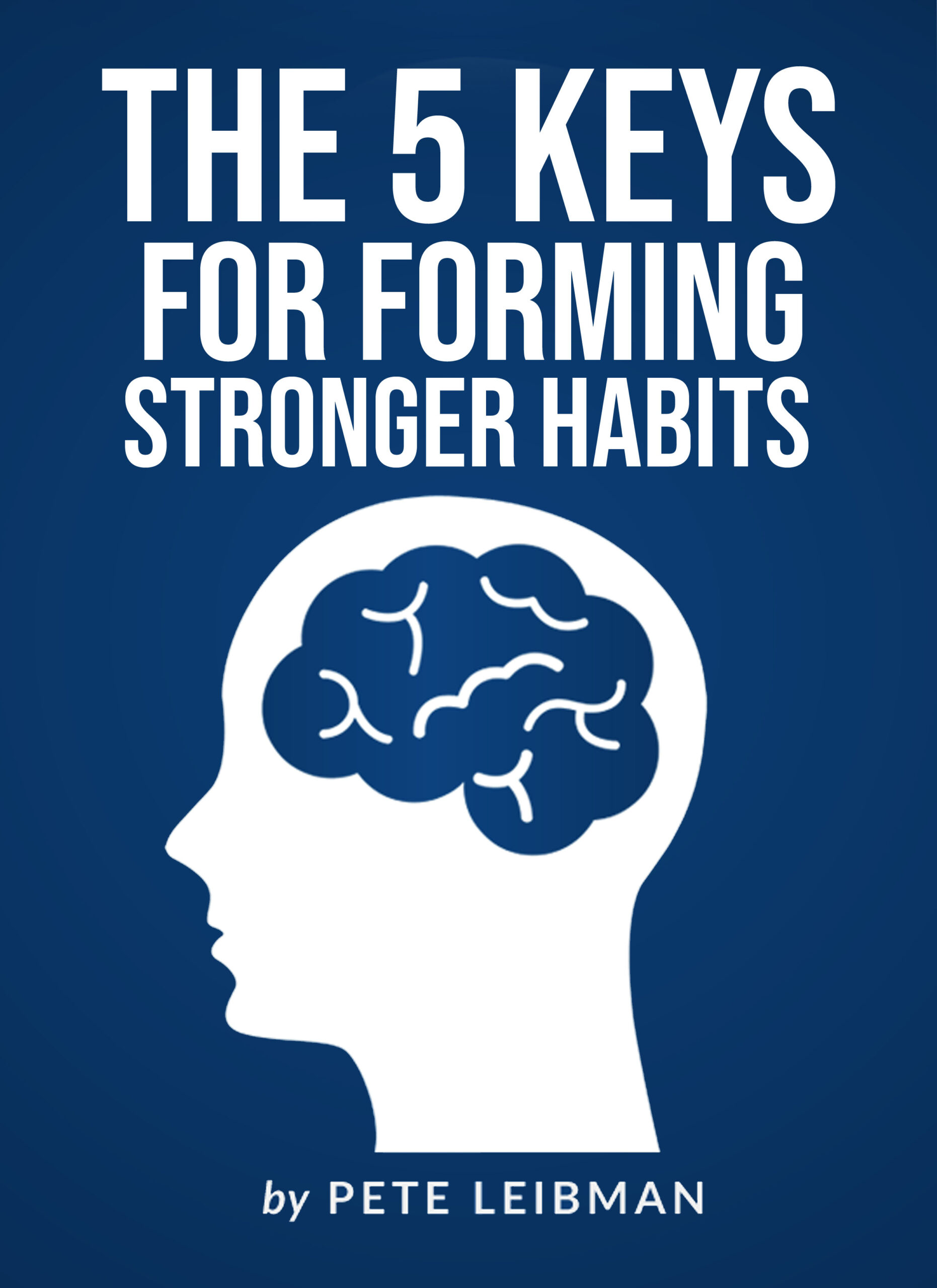
Like many kids, I occasionally procrastinated when it came to schoolwork. There were two separate times in middle school when my father had to drive to a local office supplies store after 9:00 p.m. in order to pick up ink for our printer- so that I could print out an assignment due at school the next morning. He smiles about this now, but he was less than thrilled when it happened- especially the second time that it happened, which was in the middle of a blizzard.
I also procrastinated on assignments at the beginning of college. In fact, I did not begin studying for my first college exam (an 8:00 a.m. exam on a Wednesday morning) until midnight the night before. After five hours of cramming, I went to bed at 5:00 a.m. and then nearly overslept. As you might imagine, that test didn’t go very well. I failed it.
To be clear, I was a straight-A student in high school, and I improved my studying habits quickly in college and ended up graduating Phi Beta Kappa. However, procrastination has been a challenge for me at times throughout my life, and it’s something that I and every other human being will always battle.
While some people procrastinate more than others, everyone procrastinates at times. Yes, everyone.
If you think that you never procrastinate, check out the list below, and ask yourself how many of these activities you are currently procrastinating on or have procrastinated on in the past.
- Dealing with health issues. This could include procrastinating on trying to get healthier, visiting a doctor or a dentist for a check-up, or having a medical procedure done.
- Making decisions. This could include procrastinating on deciding whether or not to accept invitations for events, whether or not to try a new hobby or activity, or whether or not to leave a current job for another position.
- Having potentially difficult or awkward conversations. This could include putting off a conversation with a friend who upset you (or who you upset), delaying a conversation with an employee or colleague who is under-performing, or holding off on speaking with your child about something that you want them to stop doing or start doing.
- Pursuing personal or professional dreams. This could include procrastinating on launching a business idea that you have been thinking about for years, delaying the writing process for a book that you have been talking about for years, or waiting on proposing to someone that you have been dating for years.
- Working on projects for work or school. This could include putting off your studying for an upcoming exam, holding off on your preparation for an upcoming presentation, or delaying another difficult project at work.
- Organizing your possessions or cleaning up your surroundings. This could include waiting on cleaning up a cluttered room or garage, ignoring dishes in your sink or dishwasher, or holding off on organizing an email inbox that is about to explode.
- Starting/ending your day or heading to appointments. This could include snoozing or wasting time in bed in the morning (instead of getting up), staying up late watching television or surfing the internet (instead of going to sleep), or delaying your departure time for appointments (instead of leaving earlier).
Why People Procrastinate
Let’s be clear. People don’t procrastinate because of laziness. Procrastination occurs because of one or more of the following three reasons:
- Being too focused on the short-term. As a middle school student, I occasionally procrastinated on my schoolwork because it was simply more fun to play with my friends, watch television, or do other recreational activities. I wasn’t lazy. I was just focused on what felt like more fun in the short-term. Wherever and whenever you find yourself procrastinating, chances are it’s because you are thinking more about what would be easier or more enjoyable in the moment, rather than what will actually be in your best interest over the long-term (which is often more difficult and less enjoyable).
- Being afraid. Fear is actually the real cause of many forms of procrastination. If you have hesitated to pursue a personal or professional dream, you are probably afraid of failure. If you have been delaying a potentially difficult or awkward conversation, you are probably afraid of rejection or potential social discomfort. If you are procrastinating on starting an exercise program or dealing with a health issue, you are probably afraid of potential physical discomfort. If you are procrastinating on making a decision, you are probably afraid of commitment or missing out on something else. With any of these fears, inaction feels safer and more comfortable, and that’s why you have chosen to wait, even if you know that taking action would really in your best long-term interest.
- Being overwhelmed or confused. The perceived magnitude or complexity could also be a reason why you haven’t taken action yet. If you aren’t sure how to get started, it can be tempting to procrastinate. Or, if you have an idea of how to get started but the task/goal/change feels too big, that could be another reason why you are stalling. People who say they are “too busy” to do something (i.e. get healthier, pursue a dream, get organized, etc.) are often just overwhelmed or confused about what to do. They could also be afraid. (See above.)
Summary
Procrastination does not occur due to laziness. Procrastination occurs due to the way that you think about a task/goal/change. You could be too too focused on the short-term (instead of the future). Or, you could be afraid of what you perceive to be the potential negative consequences of taking action (instead of the potential benefits of taking action). Or, you could be overwhelmed or confused about what lies ahead (instead of being clear on how to get started).
Be honest about the real reasons why you are procrastinating. Then, you can determine a strategy for moving forward. Stay tuned for a future article where we’ll go deeper on the topic of how to procrastinate less often.
P.S. If you enjoyed this article, you can share it by clicking one of the social media icons on this page.

Free eBook and Newsletter
Download my free 40-page eBook on “The 5 Keys for Forming Stronger Habits.”
You’ll also receive my free weekly newsletter on how to become your strongest self.
Your email is safe. Unsubscribe anytime.
About the author: Pete Leibman is the Creator of StrongerHabits.com. He is a best-selling author, keynote speaker, executive recruiter, athlete, and peak performance coach. His work has been featured on Fox News, CBS Radio, and CNNMoney.com, and over 500,000 people across the world have read his articles.

